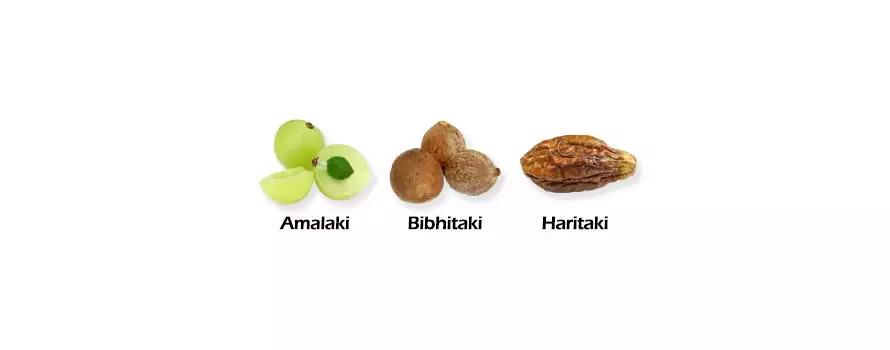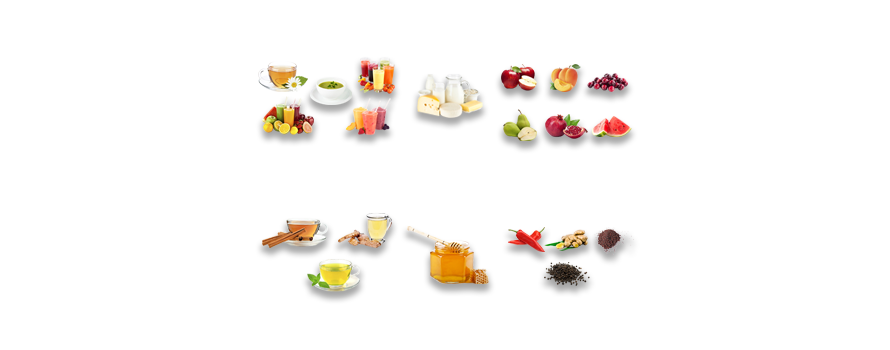Summer, like all other seasons, has its distinct character. Depending on your constitution, summer may increase your internal sense of harmony or strengthen one of your innate tendencies. A person with a hot disposition who lives in a cool climate, for example, may enjoy the winter but will get hotter than most—to the point of discomfort—as the summer heat increases. Different foods have several effects on the body. Following an Ayurvedic summer, diet can do wonders for your body and maintain your well-being as well.
Summer is Pitta season when the Pitta Dosha’s fire and water elements predominate. Pitta is one of the three Ayurvedic characteristics or Doshas, and each person’s constitution contains all three, however, one quality usually dominates. In hot conditions, Pitta can go out of equilibrium, producing skin irritation, indigestion, nausea, and frustration. Pitta can be aggravated or relieved depending on what we eat. As a result, following an Ayurvedic summer diet is crucial. According to Ayurveda, cooling foods are not always colder but rather have cooling energy.
Let us understand the Ayurvedic summer diet guidelines suggested by our
Ayurvedic experts
:
Because the Agni (digestive fire), a potent source of internal heat, disperses in the summer to help keep us cool, our bodies seek light food and small meals that are easier to digest. Being present with your meals and savouring the flavour and texture of your food will help you avoid overeating.
A sweet lassi, refreshing herbal teas like peppermint, liquorice, fennel, rose, or an occasional beer are all excellent ways to beat the heat.
Iced drinks should be avoided since they cause toxins to build up in the body and disturb the digestive process.
All unprocessed sweeteners, except for honey and molasses, are cooling and can be consumed in moderation during the summer months. Raw vegetables (such as those found in salads) are better absorbed if consumed during lunch rather than dinner.
Avoid sour or unripe fruits, aged cheeses, hot vegetables and spices such as carrots, beets, radishes, onions, garlic, ginger, and mustard seeds. Excessively hot foods, such as chillies or cayenne pepper, should be avoided.
The optimum time to eat sweet, bitter, and astringent flavours, as well as cool, watery, and slightly oily foods, is during the summer. Summer is the best season to eat fresh fruits and vegetables. Sweet dairy items such as milk, butter, ghee, cottage cheese, fresh homemade yoghurt, and, on rare occasions, ice cream are also delicious at this time.
During the summer, eat fruits including apples, berries, cherries, coconut, grapes, limes, mangoes, melons, pears, pineapples, plums, and pomegranates. Some vegetables that are helpful during the season are beet greens, broccoli, cabbage, cauliflower, cucumbers, green beans, lettuce, okra, potatoes, and zucchini. Barley, rice, Basmati, and wheat are all favourable summer grains.



